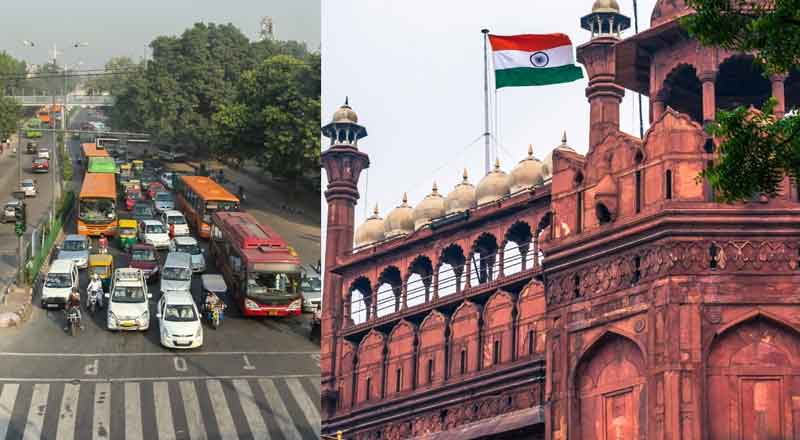After November 8 evening, following Prime Minister Narendra Modi’s broadcast that led to the demonetisation of Rs500 and Rs1,000 banknotes, fierce debate is raging about the success and failure of this move that is being dubbed as the boldest exercise to crack down on corruption and shadow money in independent India.
While the proponents and opponents of demonetisation will slug it out, there is no denying that banning 85 percent of the currency in circulation is bold and radical bordering on audacious.
Quite expectedly, the demonetisation reform has brought troubles to ordinary people’s daily life. Experts are of the view that going by the magnitude of the exercise, it will take the country nearly a year to get back to normal life. Economic experts are forecasting a sharp fall in the annual growth rate. For example, brokerage firm Ambit Capital has estimated that the drive will have an annihilating impact on Indian economy pegging the 2017 financial year growth at a mere 3.5 per cent, and that of 2018 at 5.8 per cent. However, HSBC is for lesser impact forecasting decrease by 0.5 per cent — down from 6.4 per cent in the previous six months. the International Monetary Fund (IMF), on the other hand had endorsed the move.
Political pundits belong to one school of thought are predicting a groundswell of support for Modi while those in the other side of the spectrum feel that Modi has made a self goal. the debate is likely to continue in the coming days.
People’s perception of economic prospects are influenced not only by their experiences but also by what they are told by the politicians, read in the papers and see on TV. Government is always upbeat about economic prospects, while the Opposition is always gloomy.
However, it can be said with absolute certainty that the impact of this drastic measure will be felt in the severely felt. Currently demonetisation has triggered recession in all sector of economy. However its shock impact will stay only for a short period as it is all set to revolutionise economy in the long run.
In a country as populous as India where more than 90 percent of transactions are made with cash, the task of normalising the circulation of money would be a difficult task.
The common people, despite the huge inconvenience they have been subjected to due to the demonetisation exercise, has been supportive of the step that seeks to crack down on corruption and counterfeit currency. Therefore it is in the essential fitness of things that the political dispensation at the centre must take the matter to a logical conclusion.
That demonetisation will completely flush out black money is not true. This is near impossible in any country. However, it can be said without a shadow of doubt that generating black money will be more difficult.
The political consequences of the move are difficult to gauge. Nevertheless there are people cutting across sections of society who are supportive of Modi’s decision. The public opinion seems to concur with the step. A large section of the people are also in admiration of Modi. After all the move has the potential of alienating many who may have voted for him and his party in 2014.
Corruption In India
Free India saw corruption reaching new heights. Since the country won independence, many new factors have come onto play and have combined to create a climate in which corruption has better chance of thriving.
The first of these factors was the introduction of the license raj. As the government increased check-points to frustrate the designs of the economic sharks, these check-points wee sought to be circumvented by resort tot corruption in all forms and at all levels.
The checkpoints were introduced to make India a welfare state and to prevent the concentration of wealth in the hands of a few. In the end all that these check achieved was more corruption. Another factor is preoccupation with success in material terms and the erosion if ethical values. It has given rise to a pervasive urge to get rich quick and that urge knowns no scruples. It submits to no disciple ad transcends all finer sentiments like fellow feeling, patriotism, etc.
The widespread ramifications of corruption in India’s public life are too well-known to need ant recapitulation. Apart from eating into the moral fabric of society it has the potential of diminishing respect for the law. Plethora of laws have been passed, but we are not able to malady. The problem remains as intractable as ever. The reason is not far to seek, Those who are required to enforce the anti- corruption laws suffer from the same weakness as those whom they are required to apprehend.
If corruption has become a way of life in India, it is because public opinion has, so far, refuged to assert itself against those who indulge in corruption with reckless hilarity. No number of laws can be successful unless they are baked by a strong, demonstrate and assertive public opinion.
There is no denying that demonetisation decision has caused inconveniences to millions of people across the country. Since the roll out of the exercise had to be keep secret, it was somewhat difficult to the government to put in place a system that could effectively deal with the aftermath of decision to implement it.




